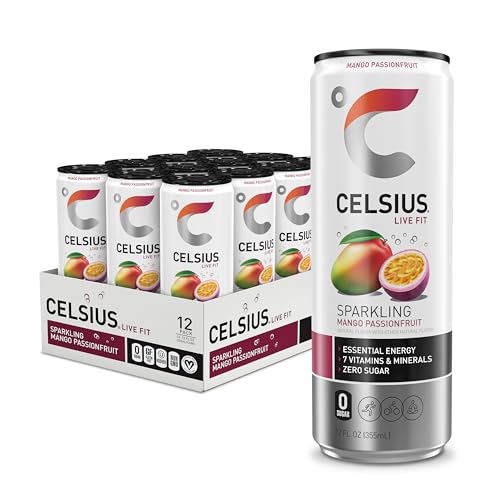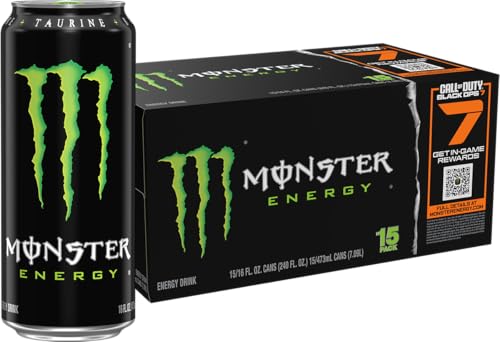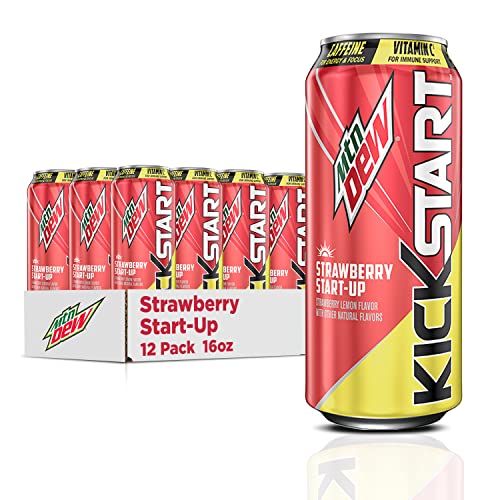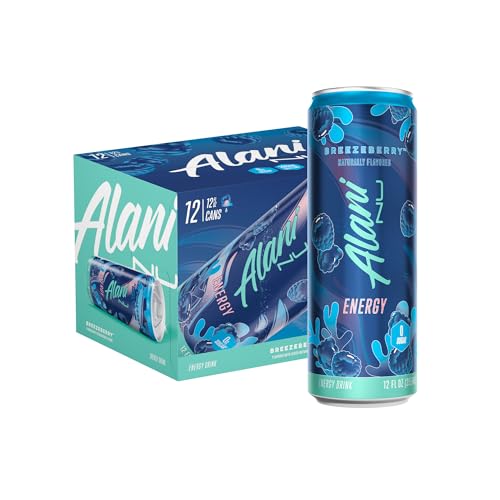What Energy Drinks Are For
Energy drinks are products designed to improve physical and mental performance. They are popular with athletes, students and people with long work hours. These drinks not only help combat fatigue and maintain wakefulness, but also increase energy levels and eliminate brain fog, providing a feeling of well-being and alertness.
What are the benefits of drinking energy drinks?
Energy drinks offer several benefits, especially when used properly:
- Improved physical performance: They help increase resistance and energy during exercise.
- Combat fatigue: They are effective in maintaining wakefulness and combating fatigue, especially during long days of work or study.
- Increased mental alertness: They maintain a constant state of mental alertness and eliminate brain fog, improving concentration and focus.
- Metabolism stimulation: Some ingredients in energy drinks can help speed up metabolism.
Uses of Energy Drinks
Energy drinks have multiple uses, depending on the needs of each person:
- Before exercise: Consuming an energy drink before a workout can increase energy and endurance.
- During long days: They help maintain wakefulness and concentration during prolonged work or study.
- Recreational activities: Some people use them to stay alert and active during recreational activities or social events.
Composition of Energy Drinks: What do they contain?
Energy drinks contain several ingredients that work together to provide their energizing effects:
- Caffeine: A stimulant that improves alertness and physical performance.
- Taurine: An amino acid that aids in cardiovascular function and skeletal muscle development.
- B complex vitamins: Essential for energy metabolism.
- Sugars and sweeteners: Provide a quick source of energy.
- Herbs such as ginseng: They can improve resistance and reduce stress.
Regulation and Recommendations for the Consumption of Energy Drinks
The regulation of energy drinks varies by country, but in general, there are certain recommendations and limits for their consumption:
- Amount of caffeine: Most energy drinks contain between 70 and 200 mg of caffeine per serving. It is recommended not to exceed 400 mg of caffeine per day.
- Labeling warnings: They must include warnings about excessive consumption and are not recommended for children, pregnant women or people sensitive to caffeine.
- Consumption recommendations: It is important to follow the instructions for each product and not mix energy drinks with alcohol.
Differences Between Energy Drinks and Sports Drinks
It is important to distinguish between energy drinks and sports drinks, since they have different purposes and compositions:
- Energy drinks: Designed to increase energy and mental alertness. They contain caffeine, taurine and other stimulant substances.
- Sport drinks: Formulated to rehydrate and replace electrolytes lost during exercise. They contain mineral salts, sugars and proteins, but do not contain caffeine.
Impact of Energy Drinks on the Health of Adolescents and Adults
The impact of energy drinks can vary between teenagers and adults:
- Teens: Excessive consumption of energy drinks can be particularly dangerous for teens, as they may be more sensitive to the effects of caffeine and other stimulants.
- Adults: In adults, energy drinks can be beneficial when consumed in moderation. However, excessive consumption can lead to health problems such as insomnia, anxiety, and heart problems.
Is It Good to Drink Energy Drinks?
The consumption of energy drinks can be good in certain contexts, but it is important to keep some aspects in mind:
- Moderation: Consuming energy drinks in moderation can provide benefits such as increased energy and improved physical and mental performance.
- Risks: It is crucial not to exceed the recommended dosage and be aware of possible side effects such as insomnia, anxiety and palpitations.
- Alternatives: Also consider natural alternatives like green tea or fruit smoothies for a healthier energy boost.
Frequently Asked Questions
What Do Energy Drinks Do to the Body?
Energy drinks primarily act as central nervous system stimulants due to their caffeine content. Below are the effects they have on the body:
- Increased mental alertness: Caffeine blocks adenosine, a chemical in the brain that makes you feel sleepy, making you feel more awake and alert.
- Improved physical performance: Ingredients such as caffeine and taurine can increase physical endurance and reduce feelings of fatigue.
- Metabolism stimulation: They can temporarily increase metabolic rate, which can help burn more calories.
- Adrenaline release: Caffeine stimulates the adrenal glands to release adrenaline, which can increase energy and responsiveness.
What happens to your body when you consume Energy Drinks?
When you consume an energy drink, your body experiences several changes:
- Increased heart rate: Caffeine can increase heart rate and blood pressure.
- Increased energy and concentration: The combination of caffeine, taurine and sugar provides a quick boost of energy and improves concentration.
- Possible side effects: In excess, energy drinks can cause nervousness, insomnia, headaches, and palpitations.
- Dehydration: They can have a diuretic effect, meaning you may urinate more and become dehydrated if you don’t drink enough water.
What is the Most Powerful Energy Drink?
The potency of an energy drink can be measured by its caffeine content. Some of the most powerful energy drinks include:
- Bang Energy: Contains approximately 300 mg of caffeine per 473 ml can, plus amino acids and CoQ10.
- Reign Total Body Fuel: Also has 300 mg of caffeine per 473 ml can, along with BCAAs, CoQ10 and electrolytes.
- Redline Xtreme: One of the strongest energy drinks, with around 316 mg of caffeine per 240 ml bottle.
It is important to consume these drinks with caution and never exceed the recommended daily dose of caffeine.
Energy drinks can be a useful tool to improve physical and mental performance, combat fatigue and maintain wakefulness. However, it is important to use them in moderation and be aware of the associated risks. Also consider natural alternatives for a healthier, more sustainable energy boost.









